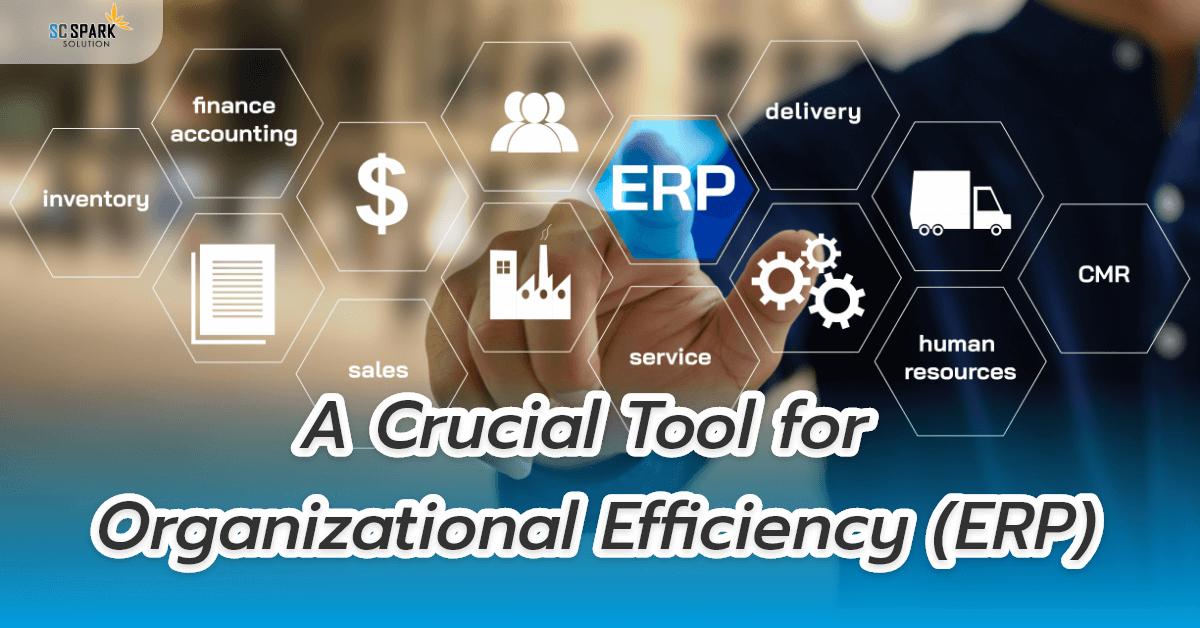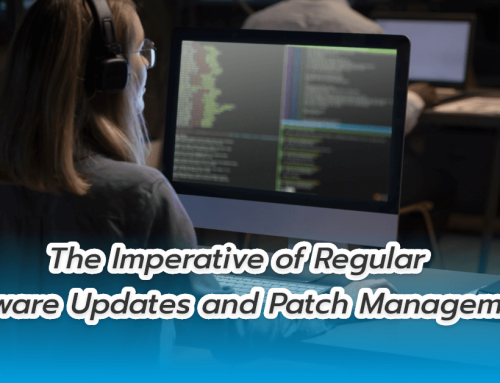A Crucial Tool for Organizational Efficiency (ERP)
In the dynamic landscape of modern business, organizations are constantly seeking ways to streamline their operations, enhance productivity, and maintain a competitive edge. Enter Enterprise Resource Planning (ERP), a comprehensive and integrated software solution designed to revolutionize the way organizations manage their resources, processes, and information. This article aims to demystify ERP, shedding light on what it is and why organizations worldwide consider it an indispensable tool for success.
Understanding ERP
ERP, or Enterprise Resource Planning, refers to a suite of integrated software applications designed to facilitate the flow of information and streamline business processes within an organization. The core idea behind ERP is to provide a centralized platform that enables real-time data sharing and collaboration among different departments, fostering a more cohesive and efficient work environment.
Key Components of ERP
- Finance and Accounting
ERP systems typically include modules for financial management, covering areas such as accounting, budgeting, and financial reporting. This ensures accurate and real-time financial data, enabling organizations to make informed decisions.
- Human Resources
HR modules within ERP systems help manage various aspects of human resource management, including employee data, payroll, attendance tracking, and performance evaluations. This streamlines HR processes, promoting workforce efficiency.
- Supply Chain Management
ERP systems often incorporate supply chain management modules to optimize procurement, inventory control, and order fulfillment. This ensures a more transparent and efficient supply chain, reducing costs and enhancing customer satisfaction.
- Customer Relationship Management (CRM)
CRM modules assist organizations in managing interactions with customers throughout the entire lifecycle, from lead generation to post-sale support. This enhances customer satisfaction and helps build long-lasting relationships.
- Manufacturing
For organizations involved in manufacturing, ERP systems offer modules for production planning, quality control, and product lifecycle management. This ensures a seamless and optimized manufacturing process.
- Business Intelligence and Reporting
ERP systems provide robust reporting and business intelligence tools, allowing organizations to analyze and interpret data. This aids in strategic decision-making by providing insights into various aspects of the business.
Why Organizations Need ERP
- Improved Efficiency
ERP streamlines business processes by integrating various functions and automating repetitive tasks. This not only reduces the chances of errors but also frees up valuable time for employees to focus on more strategic and value-added activities.
- Enhanced Collaboration
With data housed in a centralized repository, ERP facilitates cross-departmental collaboration. This ensures that employees across different functions have access to the same real-time information, promoting better communication and collaboration.
- Data Accuracy and Consistency
ERP eliminates the need for disparate systems and data silos by providing a single source of truth. This ensures data accuracy and consistency across the organization, reducing the risk of errors associated with manual data entry.
- Strategic Decision-Making
The business intelligence tools embedded in ERP systems empower organizations with actionable insights. Leaders can make informed decisions based on real-time data, contributing to a more agile and competitive business environment.
- Regulatory Compliance
Many industries are subject to strict regulatory requirements. ERP systems help organizations adhere to these regulations by providing tools for accurate record-keeping, reporting, and compliance monitoring.
- Scalability
As organizations grow, their needs evolve. ERP systems are designed to scale with businesses, accommodating increased data volumes, users, and complexity. This scalability ensures that the ERP system remains a valuable asset throughout the organization’s lifecycle.
Conclusion
In an era where data is king and efficiency is paramount, Enterprise Resource Planning (ERP) has emerged as a critical tool for organizations looking to thrive in a competitive landscape. By providing a unified platform for managing resources, processes, and information, ERP empowers organizations to enhance efficiency, promote collaboration, and make strategic decisions based on real-time insights. As technology continues to evolve, the role of ERP in shaping the future of business remains pivotal.
For those of you who want to make an E-Commerce app, a shopping app or a Delivery app, we recommend SC-Spark Solution, an app making company. experienced With direct experience from Silicon Valley, being a company that develops more than 100 applications around the world, both custom and ready-made for you to choose from. If anyone is interested in making mobile applications or websites, you can contact here
Contact us at
Facebook : SC-Spark Solution บริการทำแอปพลิเคชั่น
“Nothing is impossible”







